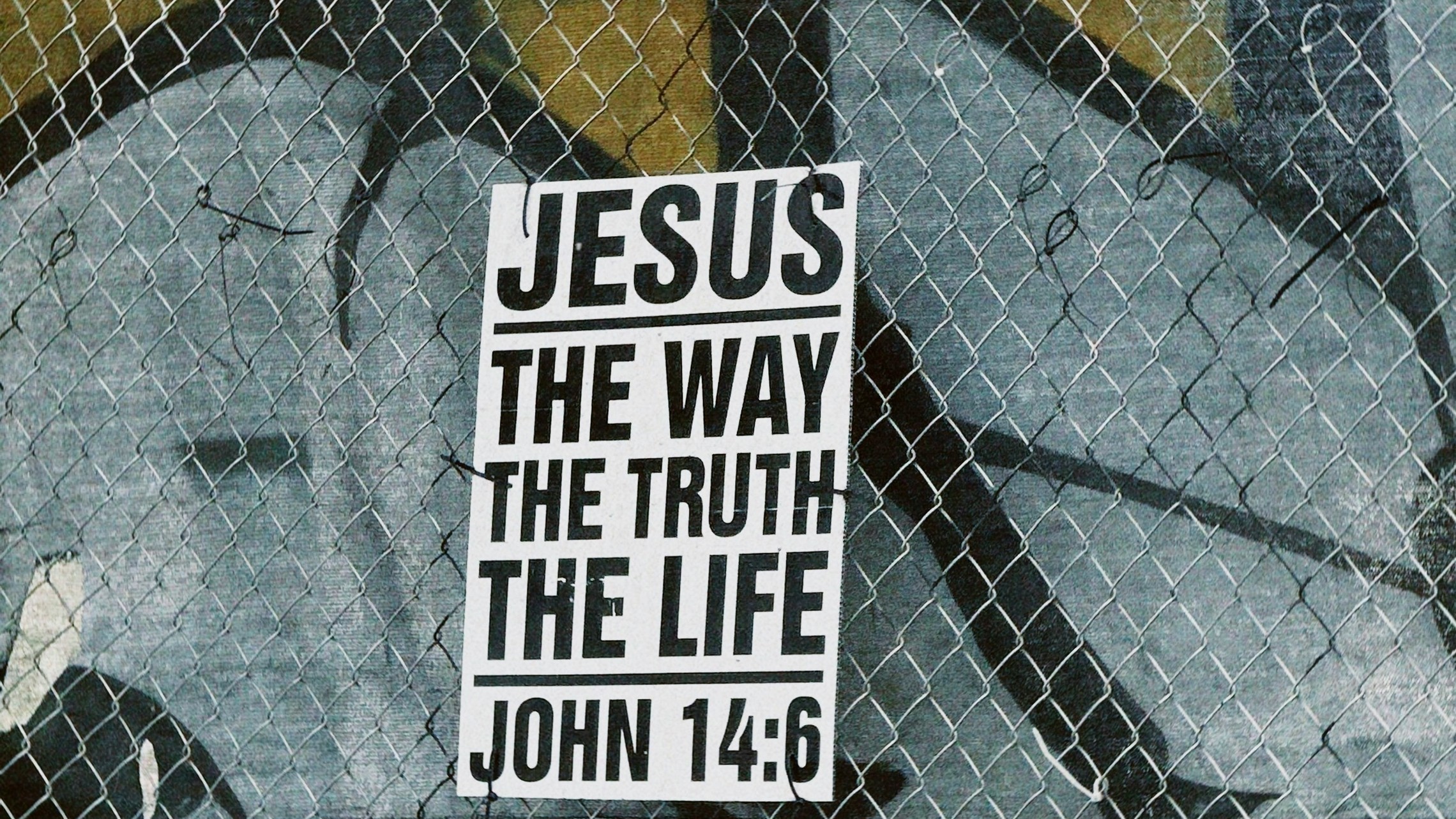
There is a beautiful doctrinal sequence proclaimed within the Catechism of the Catholic Church that describes the identity of man. It describes that man is the only visible creature that can know and love his creator. Second, he is the only creature willed by God for its own sake, and man alone is called to share, knowledge and love in God’s own life.[1] The reality of the Catechism is that the entire structure is a continual exhibition of love hence the Catechism can also be identified as a symphony of faith. What is striking about the sequence is that it reveals that we are created out of love and dignity.
Further emphasis is placed on the dignity of man where an intimate relationship exists between God and man due to man’s identity made in the image of God the Father.[2] It goes on to describe man as someone and not something. This means that we are capable of self-knowledge (awareness of who we are as God’s child and disciple), self-possession (awareness of our place in this world and our responsibility to actively cultivate our relationship with God), and we can freely give of ourselves and enter in communion with others. Ultimately, we are called by grace (a free gift from God to know and understand him more intimately) to enter into a covenant with Him and respond to Him in faith and love that no other creature can give.[3]
However, this relationship became fractured but not destroyed due to the advent of the first sin of disobedience that placed greater preference on the will of man over the will of God. The fall of man was a calculated endeavor, whose principal protagonist Lucifer i.e., the Devil, the angel of light saw to destroy the covenant of love expressed in the Catechism between God and his children. The Devil intended to separate God from Man just as he had chosen to separate himself from God, and thus, drove an unholy spiritual wedge between God and man where man is now tempted to constantly walk away from God’s love due to his propensity to sin.
This entire sequence I argue provides us with a sound intention to view the season of Lent as an opportunity to recover our dignity as a child of God and confront our sins, especially those that create the furthest distance between ourselves and Jesus Christ. Sin is not a simple gesture of disobedience against God, it is an offense against God as well as a fault against reason, truth, and right conscience. It is a deliberate thought, word, deed, or omission contrary to the eternal law of God.[4]
The common spiritual attitude of denying something for Lent such as a favorite food, an activity, or a refrain from certain uncharitable behaviors may sound reasonable. However, are there other areas that may require you to make a difficult spiritual audit of your life as outlined in the Ten Commandments, the Beatitudes, and the Creed? Perhaps, you have difficulty in saying the Lord’s name in vain, sexual temptations, sloth, envy, jealousy, avarice, revenge, gossip, or ignoring the dignity of a fellow human being. The areas of sin I just mentioned have a common root cause, it proposes a love of self[5] over neighbor and God. Sin is not a mental flaw, a psychological weakness, or a mistake[6], sin is an abuse of freedom, an act of spiritual theft from the gift that God gave us being made in his image and likeness. The Catechism explains how not addressing the nature of our sinful habits leads to further spiritual error:
The doctrine of original sin, closely connected with that of redemption by Christ, provides lucid discernment of man’s situation and activity in the world. By our first parents’ sin, the devil has acquired a certain domination over man, even though man remains free. Original sin entails “captivity under the power of him who thenceforth had the power of death, that is, the devil.” Ignorance of the fact that man has a wounded nature inclined to evil gives rise to serious errors in the areas of education, politics, social action, and morals.[7]
In St. John’s Gospel, we encounter the sinful obstinate character of the Jews who refused to acknowledge Jesus as the Son of God and because of their hardness of hearts, accused Jesus of being a demon and sought to kill him. Jesus continues with his Trinitarian and Incarnational discourse and again reminds the Jews that he came not of his own accord but was sent by Him. Because of their unwillingness to address their unbelief and assent to the will of the Father, Jesus tells them that they are from their father the Devil, and that their will is to do their father’s desire. He was a murderer from the beginning and desires nothing to do with the truth.[8]
As we continue to engage in the spiritual battle for the integrity and salvation of our souls, may our focus and assent of faith be directed toward Jesus Christ the true source of grace and love.
The whole of man's history has been the story of our combat with the powers of evil, stretching, so our Lord tells us, from the very dawn of history until the last day. Finding himself in the midst of the battlefield man has to struggle to do what is right, and it is at great cost to himself and aided by God's grace, that he succeeds in achieving his own inner integrity.303
Guadium et Spes, 37, 2, CCC 409






